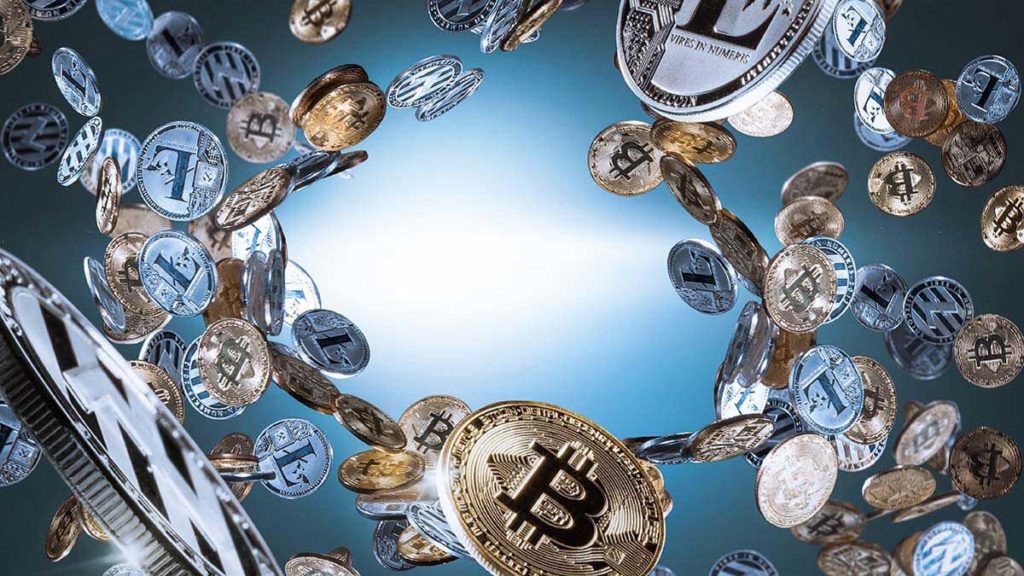
Technology has undoubtedly, transformed our lives and disrupted the way we use money. Given the current pandemic, digital currency seems an ever-more appealing prospect in our stay-home, work-from-home arrangements. Unlike the use of cash, digital currencies would not be a potential source of virus transmission or require persons to overlook social distancing measures when making payments.
However, in the recent few days, the world of decentralized finance (DeFi) received yet another hit as Chinese lending platform Lendf.me, part of the dForce network, was drained of almost all of its funds.
A sum of 25 million was emptied from the dForce platform; an amount of $10m was taken in Ethereum, for example, while a further $10m was taken in digital coins tied to the US dollar and $4m in other coins.
According to reports, the attacker leveraged a well-known vulnerability in the expanded ERC-777 token standard known as reentrancy attack. The hack exploited this by combining it with a crucial flaw in Lendf.me’s contracts and the way in which they updated the user’s balance.
Funds of approximately the same amount have now been returned by the mystery hacker, although in the form of a different mix of crypto-currencies.
Those in support of cryptocurrency highlight the many positive aspects of crypto coins, as well as of Blockchain technology, which includes, the convenience and ease of digital currency and instant transfer capabilities.
Even though the sector has grown considerably, decentralized finance still requires plenty of work and development before it can compete with legacy financial systems and earn the trust of more digital investors.
While most are aware that decentralized finance (DeFi) is an emerging, innovative market – one that is too novel for us to judge – there has been a number of alarming incidents with digital currency exchanges. Cryptocurrency hacks can have damaging consequences on thousands of potential users typically involving the loss of personal funds. It therefore comes highly recommended that users take the time to research and understand the implications of potential vulnerabilities before getting involved in this high-risk business. Users are also urged to tread carefully when using new and untested DeFi platforms and services.